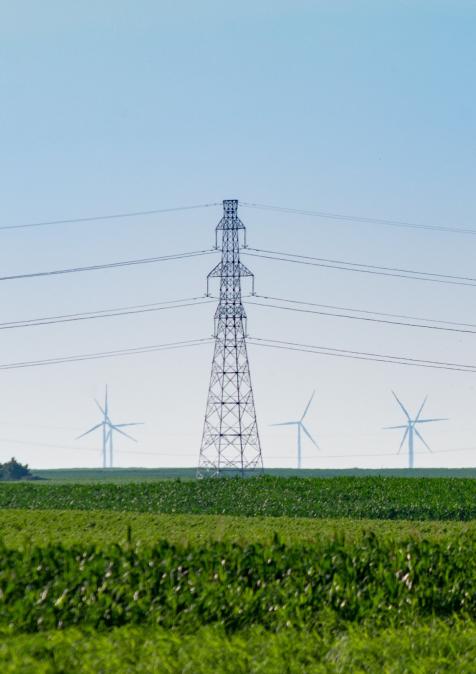Podcasts
Réussir la transition énergétique : Focus sur la transformation des systèmes électriques
Le changement climatique est l'enjeu majeur de notre époque aujourd’hui. Ses conséquences ne nuisent pas seulement à l'environnement dont l’humanité dépend, mais ils affaiblissent également les systèmes politiques, économiques et sociaux. L'une des façons de lutter contre le changement climatique est de réduire la pression sur les ressources de notre planète et de se tourner vers des systèmes qui utilisent des énergies durables. Les énergies renouvelables minimisent, ainsi, la pollution par le carbone et ont un impact beaucoup plus faible sur notre environnement. Cette transition vers les énergies renouvelables nécessitera, cependant, une transformation de nos systèmes de production d'électricité. Elle offrira, certes, de nouvelles opportunités mais créera également de nouveaux défis.






